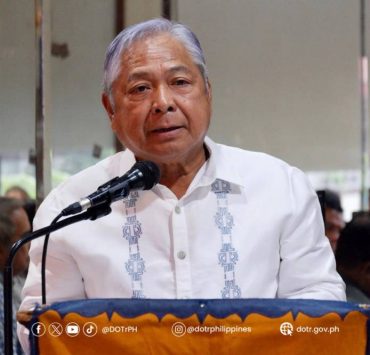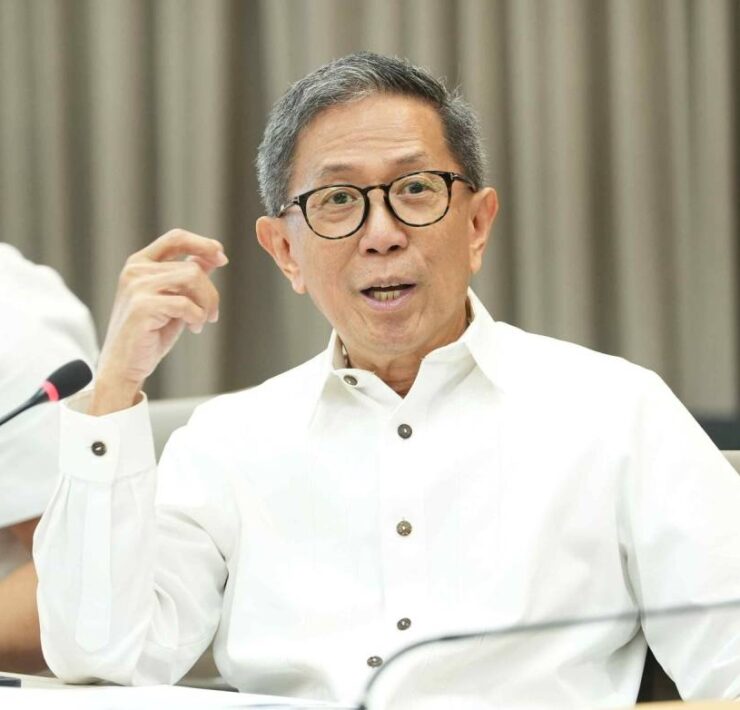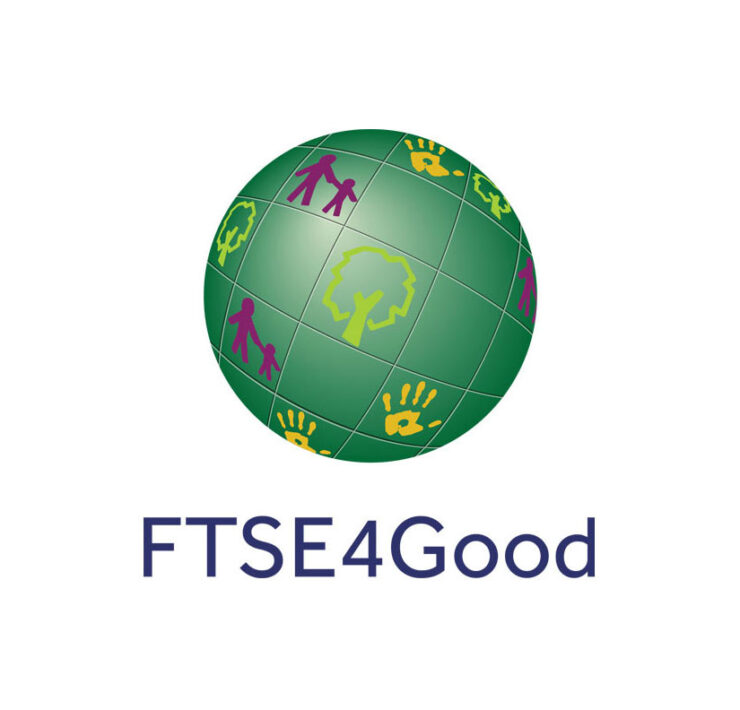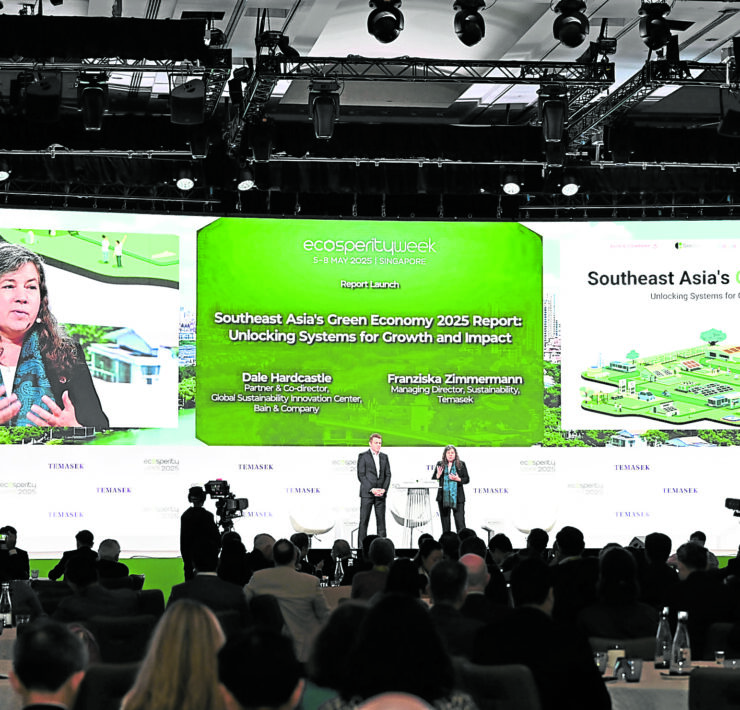We must act vs climate change, poverty, and hunger
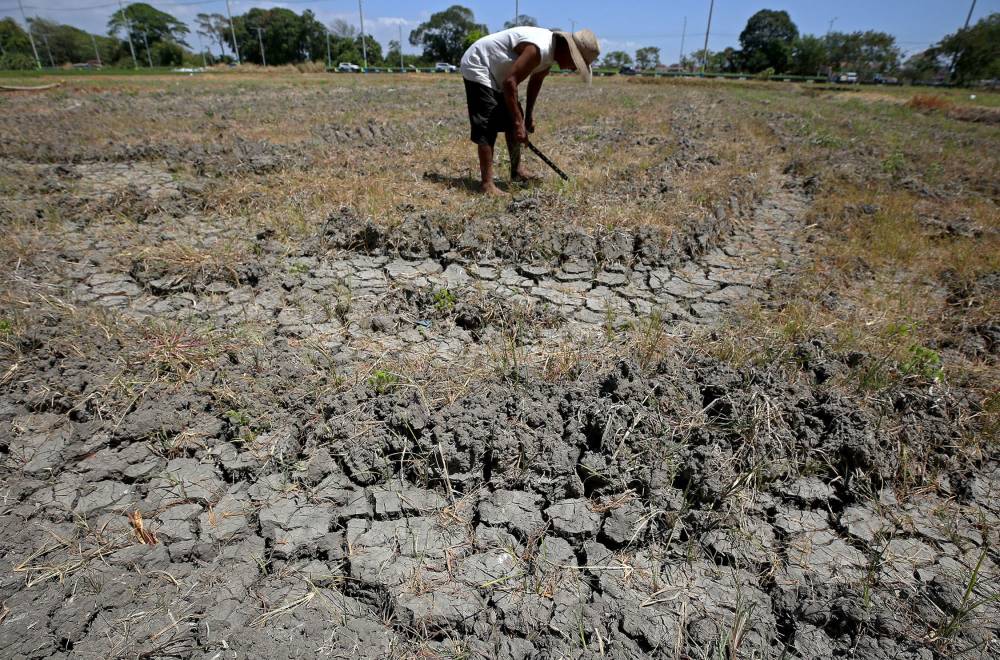
The Asia-Pacific region is faltering on decades of progress in reducing poverty and hunger. Increasingly, severe climate-related hazards are threatening food security and triggering human displacement on an unprecedented scale. The rapid rise in global temperatures is producing record-breaking heat in major cities around the region. We are getting our first glimpse of a future where global temperatures rise beyond the tipping point of 1.5 degrees Celsius.
The burden of climate impacts is unevenly distributed. Poorer countries and communities are far more vulnerable and less able to adapt. Droughts, floods, and heatwaves are straining socioeconomic and environmental systems, resulting in more poverty, less food security, and failing levels of health and nutrition. Conflicts over land, water, and food are also rising. The dire situation leaves the most vulnerable—women, children, older persons, persons with disabilities, and indigenous people—at even higher risk.
We are falling significantly short of our Sustainable Development Goal (SDG) targets. Projections indicate that 90 percent of the 116 measurable targets under the 17 goals set for 2030 will be missed if current trends persist.
The inextricably entangled issues of climate change, poverty, and food security are the central theme of our new joint report. The impacts are seen across the region: In Indonesia, delayed monsoons are associated with greater chronic and acute malnutrition. In Papua New Guinea, frequent El Niño-related droughts resulted in increased food and water insecurity, particularly in the highlands and rural areas. In the Pacific, the effects of climate change on agriculture and fisheries are likely to drive up the reliance on imported foods of low nutritional quality, leading to a rising prevalence of obesity. Rising temperatures and altered precipitation patterns in the Hindu Kush Himalaya are causing glaciers to melt, disrupting water flows and agriculture and threatening the livelihoods of millions. The findings are an urgent call to action. We must act quickly to increase collaboration and scale climate policies with inclusive social development practices, and to help governments address poverty, hunger, and climate change, simultaneously.
Integrating policy and investments that consider social protection, resilient food systems, disaster risk reduction, and sustainable agricultural practices is critical to an effective response, especially as country commitments to climate change mitigation and adaptation become central to development planning and progress.
There are good practices to leverage sustainable water management, reforestation, and green food production systems that can help feed the world’s growing population, maintain the livelihoods of millions of small-scale farmers, and reduce the environmental and climate impacts of our changing climate.
The speed and scale of climate action required at this point demands collaboration. Strong partnerships between local and national governments, development partners, and the private sector are required. This can build multistakeholder support for initiatives that extend beyond borders and beyond national self-interests.
Collaboration on advocacy, research, capacity building, and knowledge networks is more critical than ever. Simply put, there is much to learn from each other, whether it means data sharing, open knowledge, or technical know-how. Platforms that facilitate these are needed to move toward shared goals.
The call to action is clear. If we are to get the region on track to meet the SDG targets by 2030—and build healthy, thriving, equitable, and sustainable communities—we must collaborate and build more open, transformative, and integrated approaches that address climate change, poverty, and food insecurity together. If not, the impacts of climate change will escalate, and the most vulnerable will pay the price.
—–
The Economic and Social Commission for Asia and the Pacific (Escap) is the most inclusive intergovernmental platform in the Asia-Pacific region. The commission promotes cooperation among its 53 member states and nine associate members in pursuit of solutions to sustainable development challenges.
The Asian Development Bank (ADB) is committed to achieving a prosperous, inclusive, resilient, and sustainable Asia and the Pacific while sustaining its efforts to eradicate extreme poverty. Established in 1966, it is owned by 68 members—49 from the region.
The United Nations Development Programme (UNDP) partners with people at all levels of society to help build nations that can withstand crisis, and drive and sustain the kind of growth that improves the quality of life for everyone. —ARMIDA SALSIAH ALISJAHBANA, WOOCHONG UM, KANNI WIGNARAJA
Armida Salsiah Alisjahbana is undersecretary general of the United Nations and executive secretary of the Escap; Woochong Um is managing director general of the ADB; and Kanni Wignaraja is United Nations assistant secretary general and regional director for Asia of UNDP.














